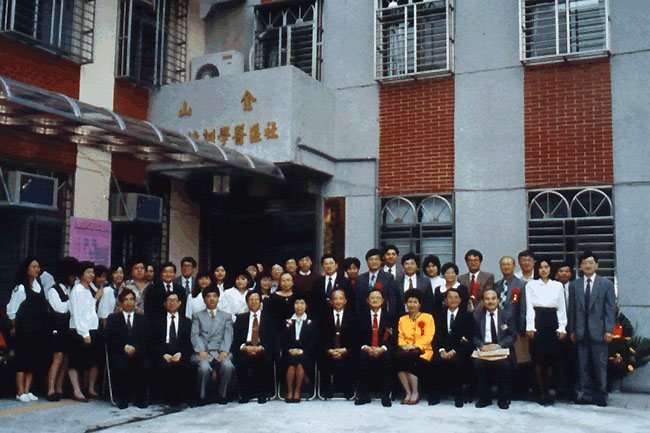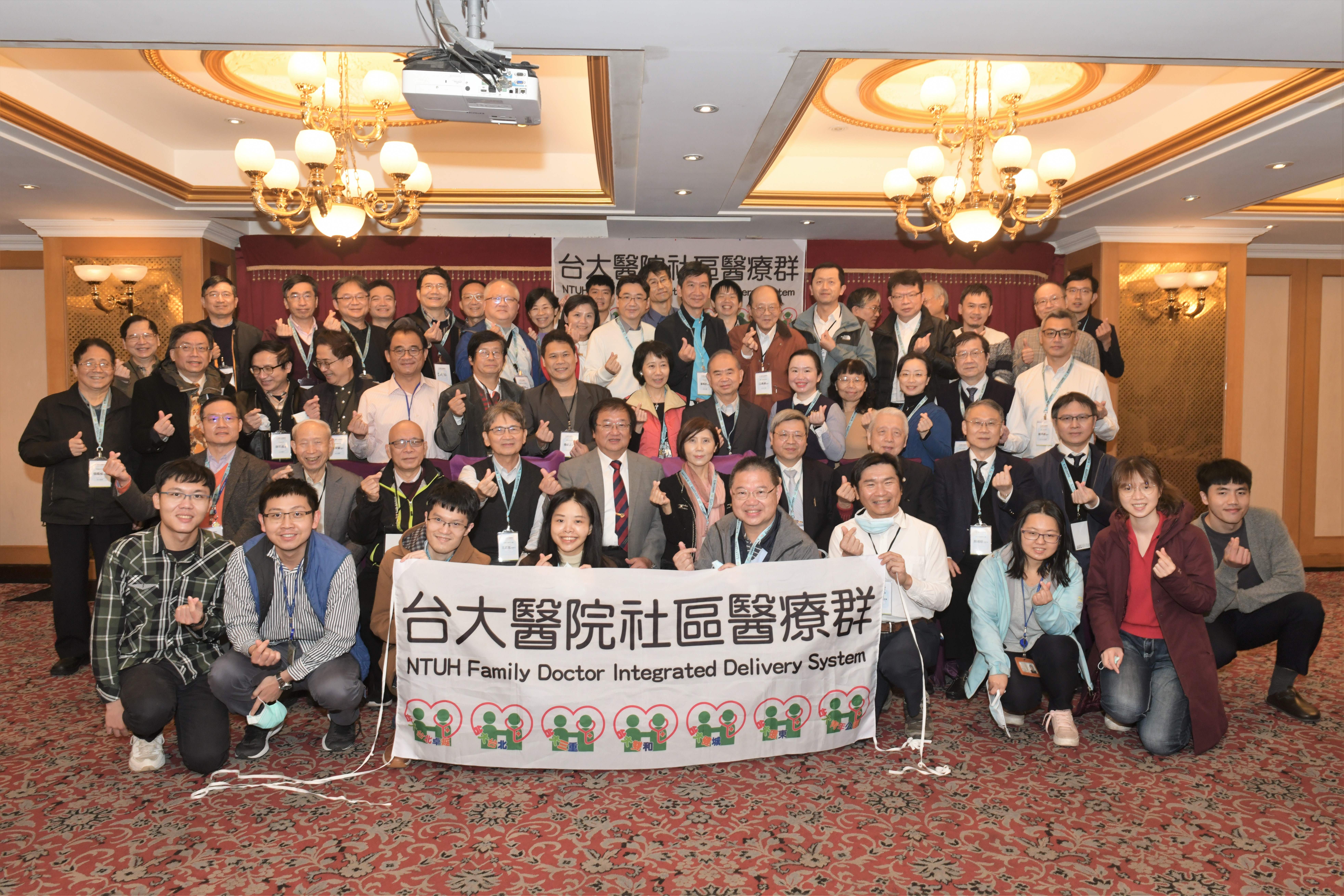The Department of Family Medicine at National Taiwan University Hospital (NTUFM) has played a pivotal role in developing community medicine in Taiwan. Historically, Taiwan faced an unequal distribution of medical resources, as many medical graduates trained as sub-specialists and concentrated in urban hospitals, leaving rural and economically underdeveloped areas underserved.
In 1976, the Taiwan Provincial Health Department launched the General Physician Development Program in collaboration with NTUH. This initiative aimed to train general physicians to deliver both medical care and public health services to communities. The fishing village of Audi, located in the northeastern part of Taiwan, was selected as the pilot site for this program, which proved highly successful and well-received by the local population.

Building on Audi's success, the Taiwan Provincial Health Department announced the Regulations for Establishing Group Practice Centers (GPCs) in 1983. By June 1990, 117 GPCs had been established nationwide, significantly improving healthcare access and quality in underserved areas. NTUFM was instrumental in this development and is considered the cradle of community medicine in Taiwan.
NTUFM's Role in Community Support
NTUFM actively supports seven GPCs in Taipei County: Kong-Liau GPC (July 1983), Shuan-His GPC (October 1983), Ping-His GPC (October 1984), Shen-Keng GPC (September 1986), Chin-Shan GPC (June 1988), San-Chih GPC (July 1989), and Shih-Ting GPC (June 1990)
NTUFM faculty are dedicated to serving these communities from planning and direction to staffing. Additionally, many residents from NTUFM choose careers in community medicine, making the Department a continuous source of community medical talent.

The Chin-Shan Community Medicine Training Center was established in August 1989 with support from the Department of Health to enhance the quality of community health services. Thousands of physicians, medical students, and nurses have received community medicine training through this center.
Family Practice Integrated Care Project (FPICP)
In response to the need for more substantial primary care, especially after the 921 Earthquake and SARS outbreak, the Bureau of National Health Insurance (now the National Health Insurance Administration) launched the Family Practice Integrated Care Project (FPICP) in March 2003. NTUFM's research team contributed significantly to this initiative, which promoted Community Health Care Group (CHCG)-based practices. Since 2007, NTUH's Department of Family Medicine has operated seven CHCGs with 62 community clinics and over 120 physicians. These groups meet monthly for case discussions, experience sharing, and continuing education. In 2017, all five CHCGs received top performance scores and honors.
Medical Education and Research
NTUFM integrates community medicine into medical education, offering courses that expose students to primary care settings and community health needs early in their training. Community medicine is also a core component of the residency program, ensuring residents are prepared to deliver quality care in community settings.
Research in community medicine is another key focus. NTUFM has conducted numerous projects funded by the National Science Council and the Ministry of Health and Welfare. Research topics include:
- Surveys of GPC services
- Patient satisfaction studies
- Chronic disease studies (e.g., hypertension, depression, diabetes)
Future Directions
Over the past two decades, NTUFM has trained numerous community medical professionals, conducted extensive research, and educated thousands of students. While healthcare distribution has improved, new challenges have emerged, such as controlling medical expenditure and delivering value-based care.
Looking ahead, NTUFM aims to:
- Promote preventive medicine to reduce healthcare costs
- Implement pay-for-performance and value-based care models
- Provide cost-effective, high-quality healthcare
NTUFM remains committed to addressing these challenges and advancing community medicine in Taiwan.

